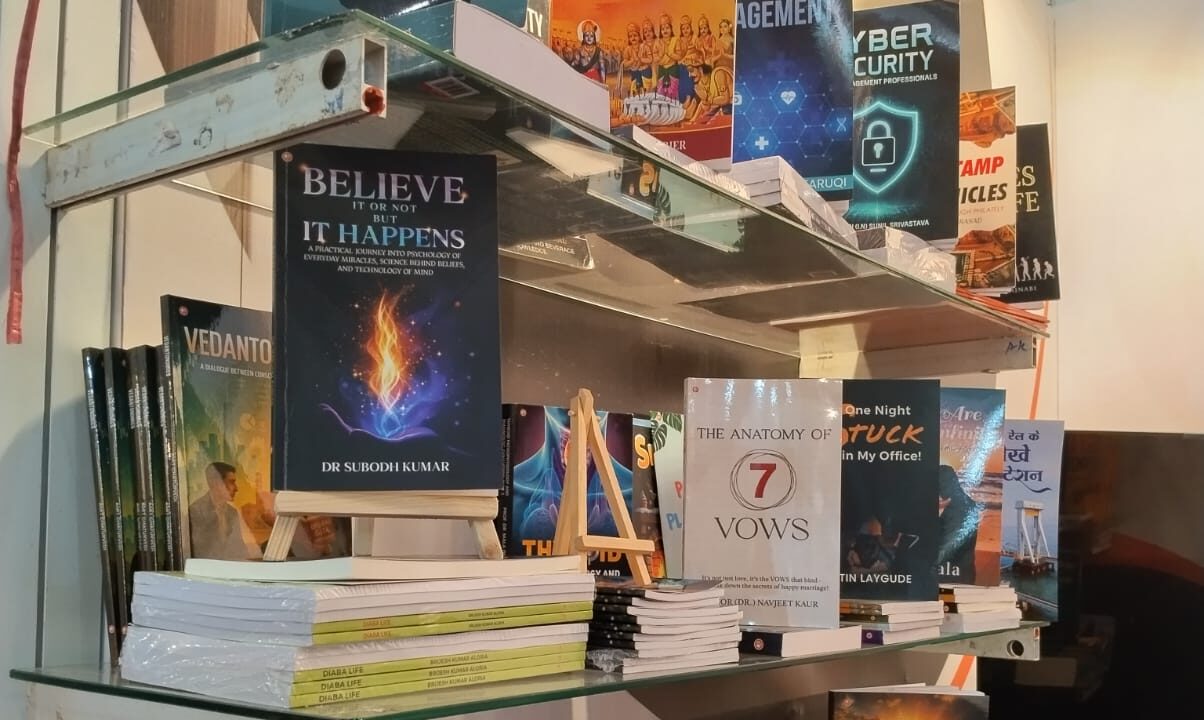Introduction:
In today’s interconnected world, media plays an omnipresent role in our lives. From television and movies to social media platforms and video games, we are constantly exposed to a wide array of media content. This extensive exposure raises the question of how media influences our behavior, particularly when it comes to pro and anti-social tendencies. In this blog post, we will delve into the topic, exploring the impact of media on our behavior and shedding light on both the positive and negative influences it can have on society.
Understanding Pro-Social Behavior:
Pro-social behavior encompasses actions that are intended to benefit others or society as a whole. Acts of kindness, empathy, cooperation, and altruism are all examples of pro-social behavior. The media has the potential to inspire and encourage pro-social behavior in several ways.
1. Role Models and Social Learning:
Media can provide individuals with positive role models who exhibit pro-social behavior. Television shows, movies, and documentaries can showcase characters who demonstrate acts of kindness, compassion, and social responsibility. Such depictions can serve as powerful examples, inspiring viewers to emulate these behaviors in their own lives.
2. Emotional Connection and Empathy:
Well-crafted narratives have the ability to evoke strong emotions in audiences. When viewers emotionally connect with characters or stories, they are more likely to develop empathy. This emotional resonance can motivate individuals to engage in pro-social behavior, as they seek to make a positive impact on the lives of others.
3. Awareness and Social Issues:
Media platforms have the power to raise awareness about social issues and injustices. Through news coverage, documentaries, and campaigns, media can highlight societal challenges and inspire viewers to take action. This exposure can lead to increased empathy, advocacy, and engagement in pro-social activities aimed at creating positive change.
Examining Anti-Social Behavior:
On the flip side, media can also have a negative influence on behavior, promoting anti-social tendencies. Anti-social behavior refers to actions that harm or disregard the well-being of others, ranging from aggression and violence to selfishness and indifference.
1. Violent Media Content:
One of the most debated aspects of media influence is the portrayal of violence. Studies have shown that exposure to violent media, such as graphic movies or violent video games, can desensitize individuals to aggression and increase the likelihood of aggressive behavior. However, it is important to note that the relationship between violent media and real-life aggression is complex, and other factors, such as individual characteristics and environmental influences, also play significant roles.
2. Stereotyping and Prejudice:
Media can perpetuate stereotypes and reinforce prejudices, which can contribute to anti-social behavior. Negative portrayals of certain groups, based on race, gender, or socioeconomic status, can shape viewers’ perceptions and attitudes. These biases can fuel discrimination, intolerance, and exclusionary behaviors, ultimately fostering division and conflict within society.
3. Influencer Culture and Materialism:
The rise of social media and influencer culture has brought about new forms of anti-social behavior. Excessive focus on materialism, wealth, and appearance can lead to feelings of inadequacy and promote selfishness and self-centeredness. The pursuit of popularity and validation on social media platforms can also drive individuals to engage in negative behaviors, such as cyberbullying and online harassment.
Conclusion:
Media exerts a significant influence on pro and anti-social behavior, shaping our attitudes, values, and actions. While media has the potential to inspire pro-social behavior through positive role models, empathy-building narratives, and raising awareness about social issues, it can also contribute to anti-social tendencies through violent content, perpetuating stereotypes, and promoting materialism and self-centeredness. As consumers of media, it is crucial to critically evaluate and be mindful of the content we consume. Media literacy education, responsible media production, and regulation can play vital roles in mitigating the negative influences of media and maximizing its potential for positive social change. By fostering a media landscape that promotes empathy, inclusivity, and ethical responsibility, we can harness the power of media to create a more harmonious and pro-social society.




